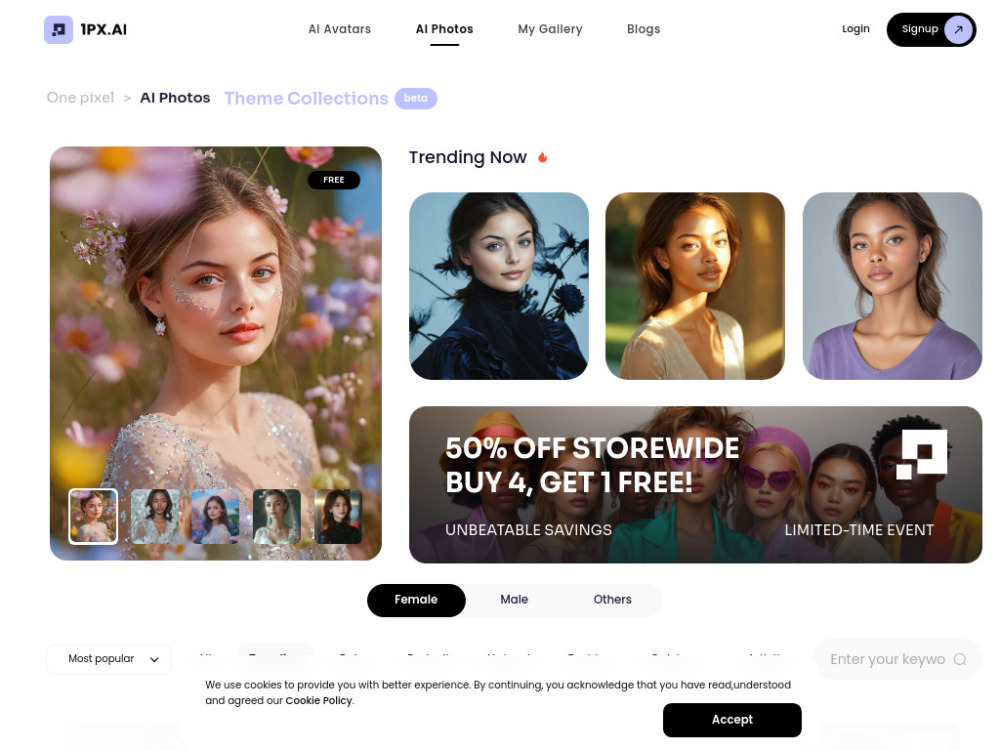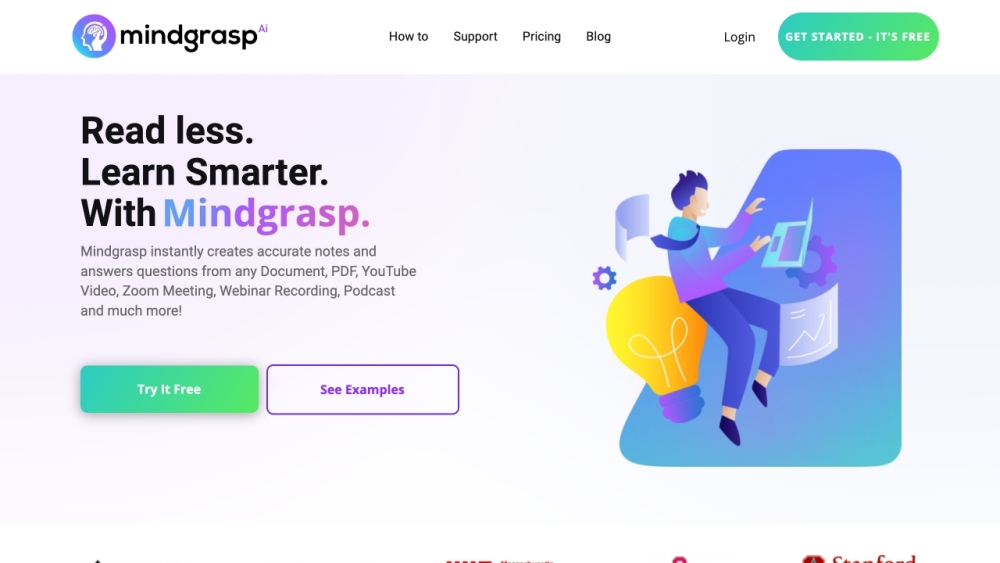Suno Acknowledges Using Copyrighted Music to Train AI Models, Claims Learning from Experience Does Not Violate Copyright Laws
Most people like

In today's digital world, creating unique and personalized avatars or photo transformations has never been simpler. With cutting-edge AI technology, our AI avatar and photo generator allows users to effortlessly design eye-catching digital representations. Whether you’re enhancing your online presence or expressing your creativity, this innovative tool makes it easy to generate high-quality images tailored to your specifications. Transform your ideas into visuals and experience the power of AI in avatar creation today!

Mindgrasp AI generates precise notes and quizzes from a variety of content formats, enhancing both learning and productivity. This innovative tool simplifies your study process and boosts retention by transforming complex information into easily digestible formats.
Find AI tools in YBX
Related Articles
Refresh Articles


